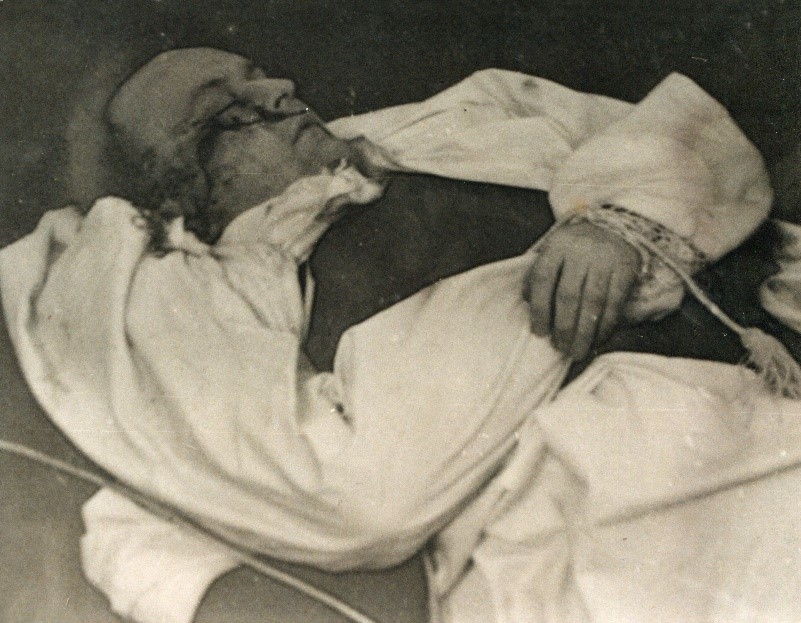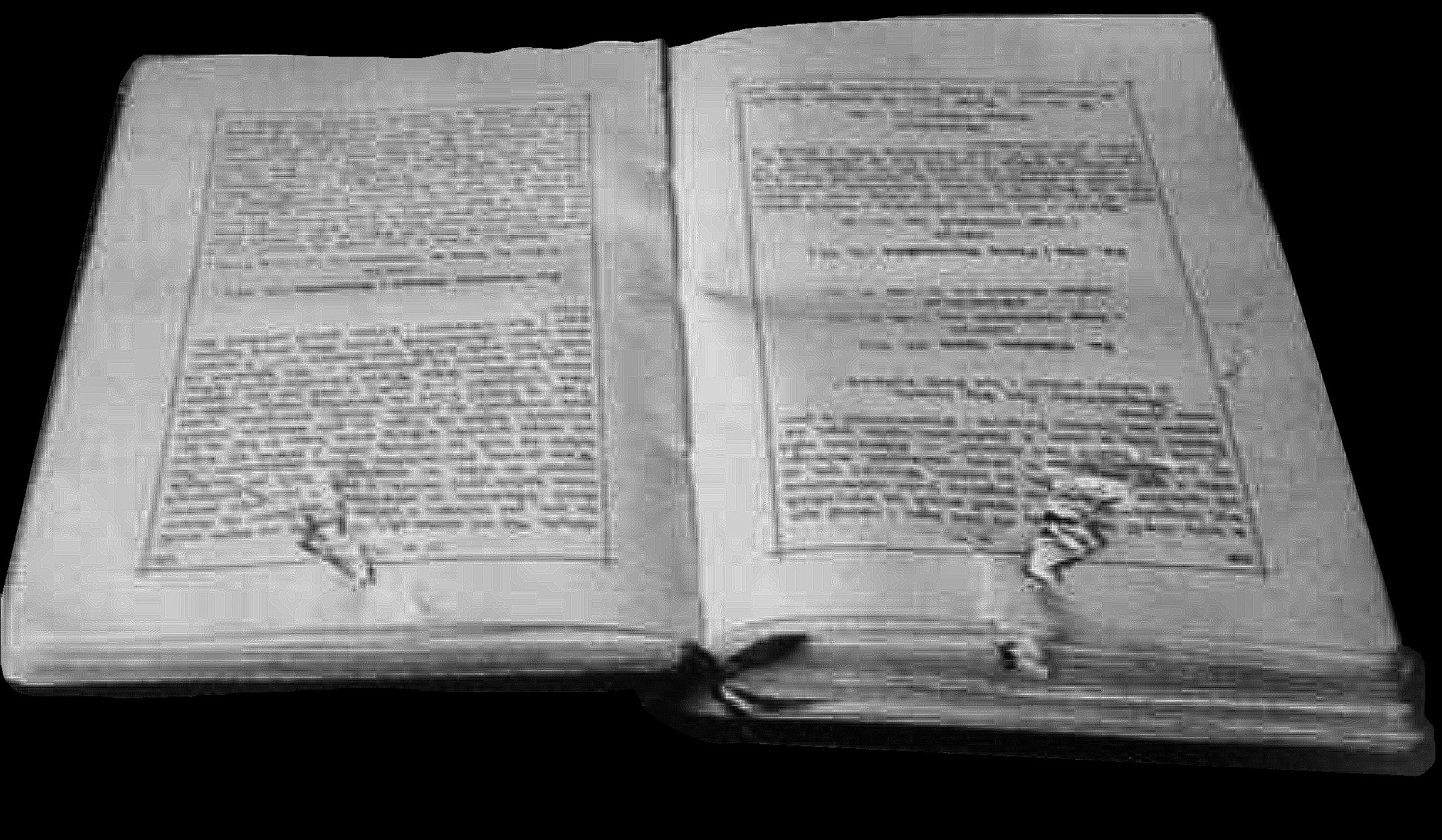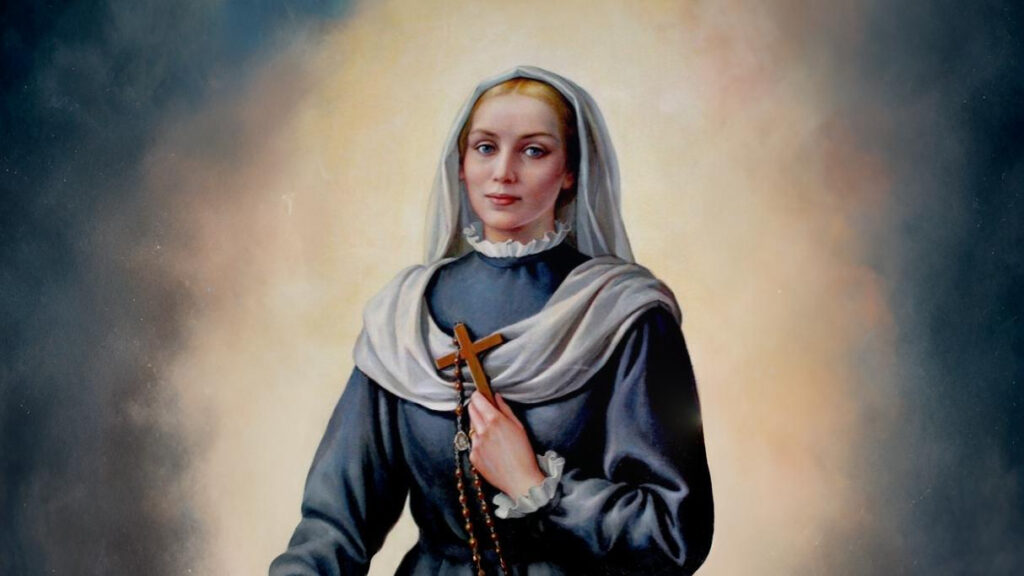Poland: Don Streich, another victim of communism, will be beatified
Polish priest Stanislaus Kostka Streich, murdered in hatred of the faith in 1938, will be beatified as a martyr of communism

The beatification of the Venerable Servant of God Don Stanislaus Kostka Streich will take place on Saturday, May 24, 2025. The ceremony will be held in the Cathedral Square of Poznań, Poland, and will be presided over by Cardinal Marcello Semeraro, Prefect of the Dicastery for the Causes of Saints. The Mass will be attended by Metropolitan Archbishop Zbigniew Zieliński of Poznań, Archbishop Emeritus Stanisław Gądecki, Cardinal Stanisław Dziwisz, Archbishop Emeritus of Krakow, Archbishop Tadeusz Wojda, President of the Polish Bishops’ Conference, the Primate of Poland, Monsignor Wojciech Polak, and Metropolitan Archbishop Marek Jędraszewski of Krakow.
In 1917, in Tsarist Russia, a revolution broke out that overthrew the Tsar and initiated the process of creating a communist state. But the Russian communists, led by Lenin, wanted to spread their ideology throughout the world, beginning with the conquest of Europe. As Soviet commander Mikhail Tukhachevsky proclaimed: “The path to world revolution lies through the corpse of White Poland. On our bayonets we will bring happiness and peace to the working masses. Let us march to the West!” Poland, which had regained its national sovereignty on November 18, 1918, after 123 years of partition, was immediately threatened by communist Russia.
In the summer of 1920, the Red Army advanced menacingly to the Vistula River, at the gates of Warsaw, the Polish capital. A massive popular mobilization took place in Poland: all those who were able enlisted in the Polish Army, led by Marshal Józef Pilsudski, who understood the mortal danger communism represented for Europe. In defending his homeland, he was also defending European civilization. Despite the Russians’ numerical superiority, the Polish army achieved a great victory at the gates of Warsaw, known as the “Miracle on the Vistula.”
During this dramatic period of communist threat, the Apostolic Nuncio in Warsaw, Bishop Achille Ratti, played a pivotal role. On April 25, 1918, Pope Benedict XV appointed the then-Prefect of the Vatican Apostolic Library as Apostolic Visitor to Poland. The following year, Bishop Ratti officially became the first Apostolic Nuncio to the reborn Poland. During the terrible summer months of 1920, with the Bolsheviks just a few miles from Warsaw, Bishop Achille Ratti remained at the nunciature, the only diplomat who did not abandon the capital in August 1920, while the other ambassadors fled in terror.

It was precisely Achille Ratti, who had become Pope Pius XI, who published an encyclical condemning communist ideology: Divini Redemptoris, on “Bolshevik and atheistic communism that seeks to subvert the social order and destroy the very foundations of Christian civilization.” In this encyclical, the Pope explained, among other things, the causes of the violence perpetrated by communists:
“Insisting on the dialectical aspect of their materialism, communists maintain that the conflict that leads the world toward its final synthesis can be accelerated by men. Therefore, they strive to sharpen the antagonisms between the different social classes; and the class struggle, with its hatred and destruction, is presented as a crusade for the progress of humanity. On the other hand, all forces that oppose this systematic violence must be eliminated as enemies of the human race,” wrote Pius XI.
Although communist Russia failed to militarily conquer Europe—thanks to Poland—communist ideology did conquer broad sectors of society in several countries. Communist militants were also active in Poland, who, as Pius XI denounced, practiced class struggle “with their hatred and destruction.” The Church and its priests, called by the communists “the reactionary clergy,” were also victims of this hatred. One of these victims was Don Stanislao Kostka Streich, a diocesan priest murdered out of hatred for the faith on February 27, 1938, in Luboń (Poland).
The future Blessed was born on August 27, 1902, in Bydgoszcz. His parents were Franciszek Streich, an insurance company employee, and Władysława Birzyńska. In 1912, after completing three years of compulsory education, he attended the Humanities Institute for eight years until 1920. That same year, he entered the seminary in Poznań. He subsequently studied in Gniezno and was ordained a priest on June 6, 1925. After his ordination, he studied classical philosophy at the University of Poznań from 1925 to 1928. In the following years, he worked as a curate in various parishes and taught religious education at the seminary.
In 1933, he was appointed parish priest in the village of Żabikowo, within the municipality of Luboń. There was no church in the village as such; A chapel in the convent of the Servants of the Immaculate Conception was used as a church. Don Streich organized a committee to build a church. In 1935, the decision was made to begin construction of the church in Luboń, and the new parish of St. John Bosco was established. For Don Streich, it was a time of intense pastoral work: he organized parish life, community life, and various Catholic associations from scratch. Unfortunately, his intense social activity was frowned upon by the local communists, who wished to establish communism.
Throughout 1937, the priest received anonymous letters containing offensive language announcing his imminent death. In April, someone secretly entered the church, tampered with the tabernacle, forced entry into the offering boxes, and scattered the liturgical vestments. In August, the church custodian was attacked. In October, unknown assailants threw stones at the priest. It was during that month that Don Streich wrote his will. On February 11, 1938, he wrote his last letter to his mother. On Sunday, February 20, something strange happened in the church: probably that day, during a false confession, his future assassin told him of his intention to kill him. From then on, the priest seemed to have changed.
On February 27, 1938, at 9:30 a.m., Don Streich entered the confessional as usual to listen to the faithful. At 10:00 a.m., he began celebrating Mass. As he approached the pulpit to read the Gospel, a man emerged from the crowd with his hand raised and shot him twice in the head. The first shot was fatal: the bullet entered below his right eye, fractured his skull, and lodged in his brain. The second bullet pierced the Book of the Gospels. The priest fell backward onto his right side, and the assailant shot him twice more in the back. The death certificate indicated the time of his death: 10:30 a.m.
An attempt was made immediately to initiate the diocesan cause for the beatification of Fr. Streich. But unfortunately, the following year, World War II broke out, and in 1945, the communist regime was established in Poland, which, of course, did not allow for the opening of a beatification process for a victim of communism. It was only with the fall of communism in 1989 that the cause could be initiated, as the fame of Fr. Streich’s martyrdom and holiness remained alive among the faithful. On January 26, 2017, the beatification process began in the Archdiocese of Poznań, and on April 26, 2019, the documents were submitted to the Congregation for the Causes of Saints. The current promulgation of the decree on Fr. Streich’s martyrdom paves the way for his upcoming beatification.
During the audience granted on May 23, 2024, to Cardinal Marcello Semeraro, Prefect of the Dicastery for the Causes of Saints, Pope Francis authorized the Dicastery to promulgate several decrees, including one on the martyrdom of the Servant of God Stanislaus Kostka Streich. And on May 24, Cardinal Semeraro himself will beatify this new martyr of communism.
Related

Saint Virginia Centurione, May 21
Exaudi Staff
21 May, 2025
6 min

Governance at the Service of the Charism: Keys to Sustainable Ecclesial Renewal
Exaudi Staff
21 May, 2025
3 min

Surrogacy: Spain Tightens Registration of Births Performed Abroad
Irene Vargas
20 May, 2025
3 min

Reflection by Bishop Enrique Díaz: New Heavens and a New Earth
Enrique Díaz
18 May, 2025
5 min
 (EN)
(EN)
 (ES)
(ES)
 (IT)
(IT)

